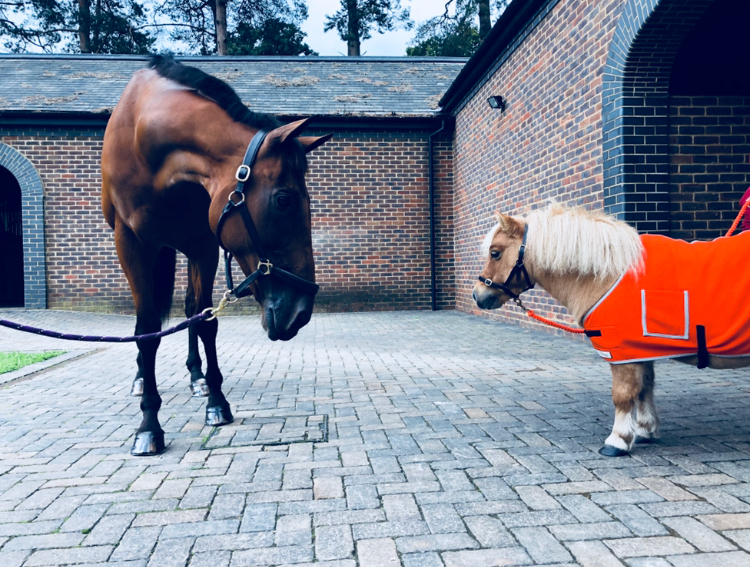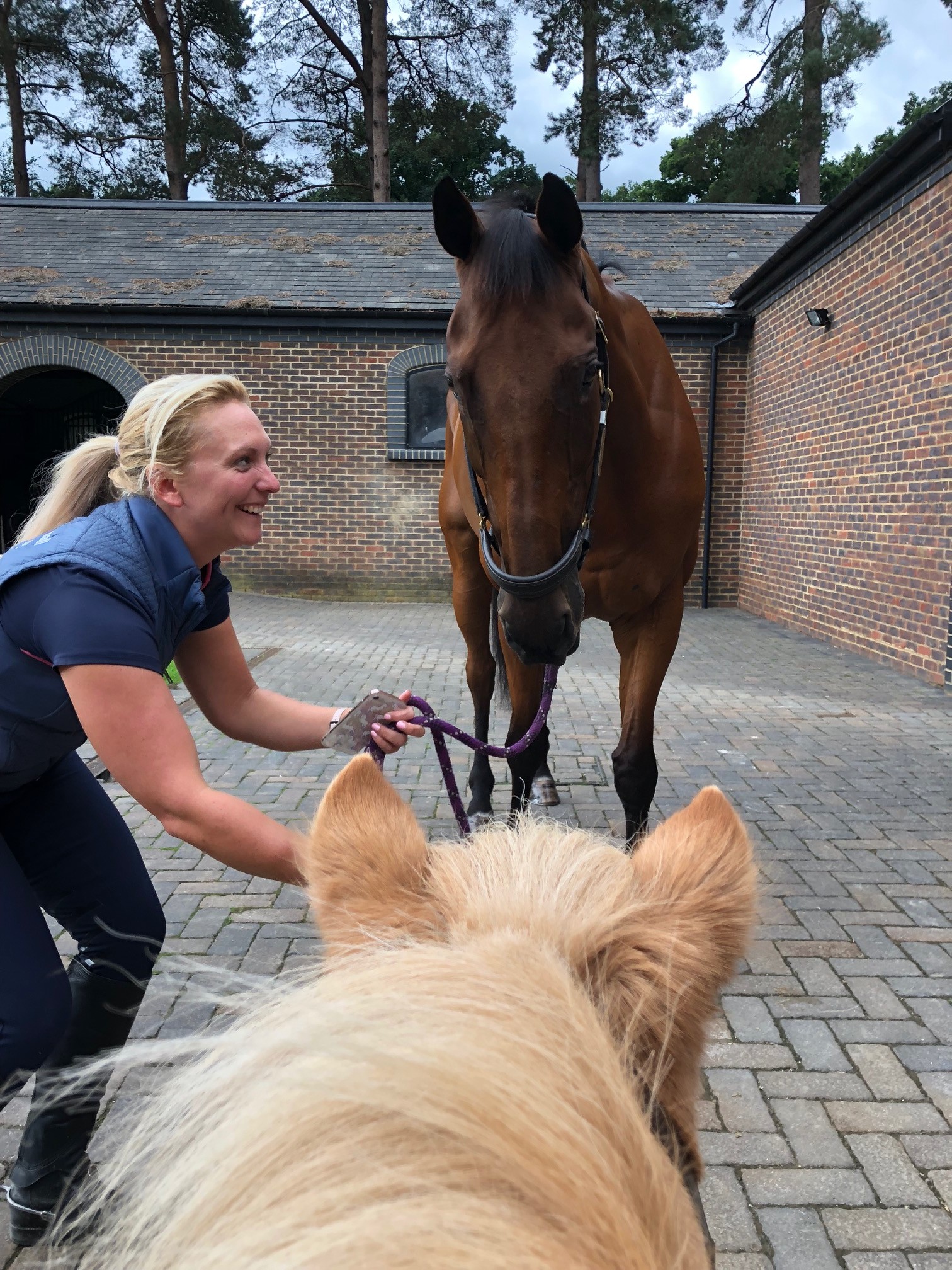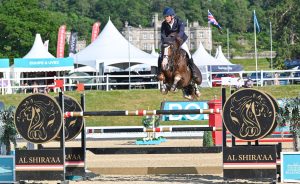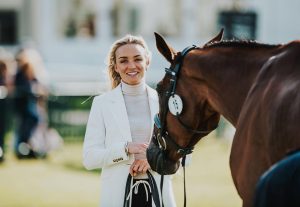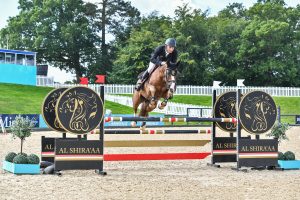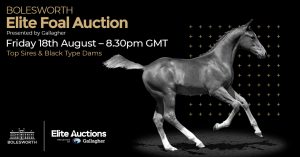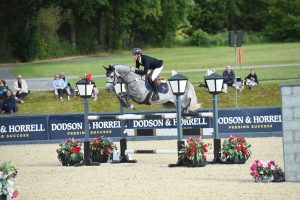




International Eventing Forum 2018
Ellie Kelly
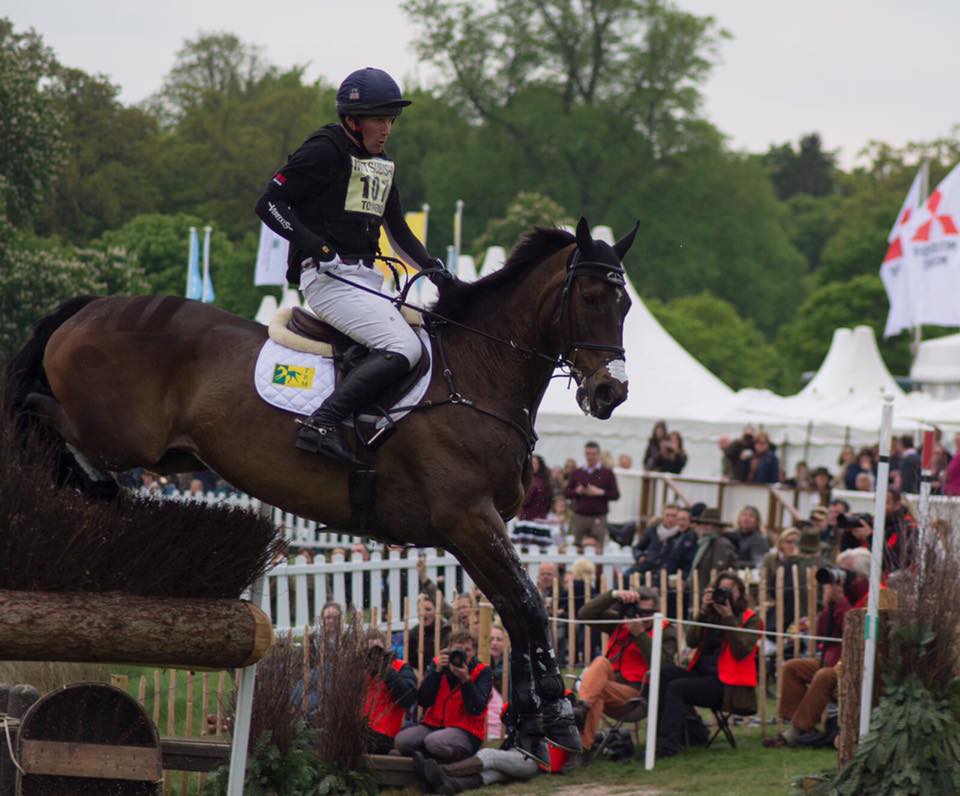
A healthy turnout of eventing supporters turned out for the 2018 edition of the International Eventing Forum. An event which has been held in the UK since 2004
The theme for this year was “What’s the limit?”. The sport of eventing has evolved considerably in the last 20 years. Dressage technicality has taken on a new meaning and the quality of work and horsemanship required in this phase has increased radically. When Cross-country switched from long to short format, it reduced the influence of stamina but brought more emphasis on technicality and mental as well as physical agility in horse and rider. In turn, show jumping has become more demanding, requiring a greater level of training and precision than was previously the case.
Through a variety of topics and between four highly regarded professionals, the big question posed at this insightful day was “how far can we actually push the boundaries in our sport to keep up with obvious performance improvements of both horse and rider”. But in a sport where amateurs compete alongside professionals, how can we raise our game without becoming elitist and alienating the enthusiastic amateur?
Former International Dressage rider Sandy Phillips, is a familiar face in the judges box at many of the world’s FEI events. In eventing she judges at Three and Four star and she endeavoured to unveil what the judge is looking to see, in order to gain the higher marks.
With two competent demo riders in Tom Mc Ewen and Jonty Evans, Sandy put them through their paces and gave a critical commentary. Overall, her focus was on “riding the jump” with your seat and creating as big a step as your horse’s balance can cope with. “To impress the judge, Event riders need to be more confident in riding forwards in the dressage arena and use those corners as much as possible” she said.
Eric Winter followed with some useful tips both for riders and coaches. He worked with three young riders, all riding young and green horses. He set up a number of simple jumping exercises to emphasise what the basics of good jump training were. “Circles are the foundation for all riding. Not just in dressage but in jumping in the way that course designers put jumps on turns or curving lines. So you need to be able to ride a circle perfectly. As a rider you should have three questions when approaching the fence
1) Is your horse genuinely taking you or are you pushing it?
2) How straight are you on the line to the fence
3) Is the rhythm regular?
The rider should be focusing on this but it is up to the horse to find it’s feet at the pole if it has been correctly presented” he explained. “Repetition of an exercise produces an understanding on the horse of what is happening. Be patient with exercises to allow the horse to buy into the process and in doing so, gain confidence. Teach a horse to look for fences around corner. It is when they are surprised that they make bad decisions.”
After lunch, Performance Psychologist Charlie Unwin delivered his philosophy on mind management and how the mind can limit the body when under pressure. The Horse Scout advocate talked about the importance of only allowing yourself to focus on positive psychology. And how he helps rider to achieve what is known as “flow state” a level of 100% focus and concentration whilst delivering a performance. “Your thoughts have a way of sinking into your hands, your legs, your seat and the whole of your body so a lack of self- belief can be the biggest barrier to improvement and success.”
Charlie also discussed “Identity” to the audience. “This is the story you tell yourself about yourself. We ask ourselves “Who am I?” But you should be saying “Who do I want to be?”. The warm up arena is the biggest example of this, a place where riders often become shells of themselves. Instead riders should embody the mind beliefs and body of a World Class Rider. It is common for riders not to even consider themselves as an athlete but instead as simply an instrument to get the best out of the horse. In order to become an athlete you need to think like one as well as training and preparing like one” he said.
The final session was led by Frederik Bergendorff, a former international event rider and Gold medallist at the 1993 Europeans, Frederik now holds the role of Team Sweden’s Eventing Manager.
He worked with four star riders Imogen Murray and Ludwig Svennerstal and highlight what the basics of good jump riding really were for all levels of rider. He reinforced the importance of the warm up and quality preparation. “Your horse must be totally through from behind before you start jumping.”
His focus was on doing the basics better in training and he laid his principles out clearly for spectators. “Don’t go up a level or do something new in a schooling exercise unless you have mastered that one. To approach a fence you should have pace, energy and a good frame in the horse before the turn so that as you approach you can just concentrate on keeping the balance and rhythm. Being in balance means the rider should be sitting in the middle of the horse and you train balance with your seat. If you approach is correct then there should be no need to look for strides, the fence will find you. On landing from a jump, you should press the horse forward to the hand from the leg. Not only will this save seconds in the ring but it will stop him falling on the forehand.”
The International Eventing Forum will return to Hartpury on the 4th of February 2019 and the speaker will be announced on http://www.internationaleventingforum.com/ soon.
#IEF18

